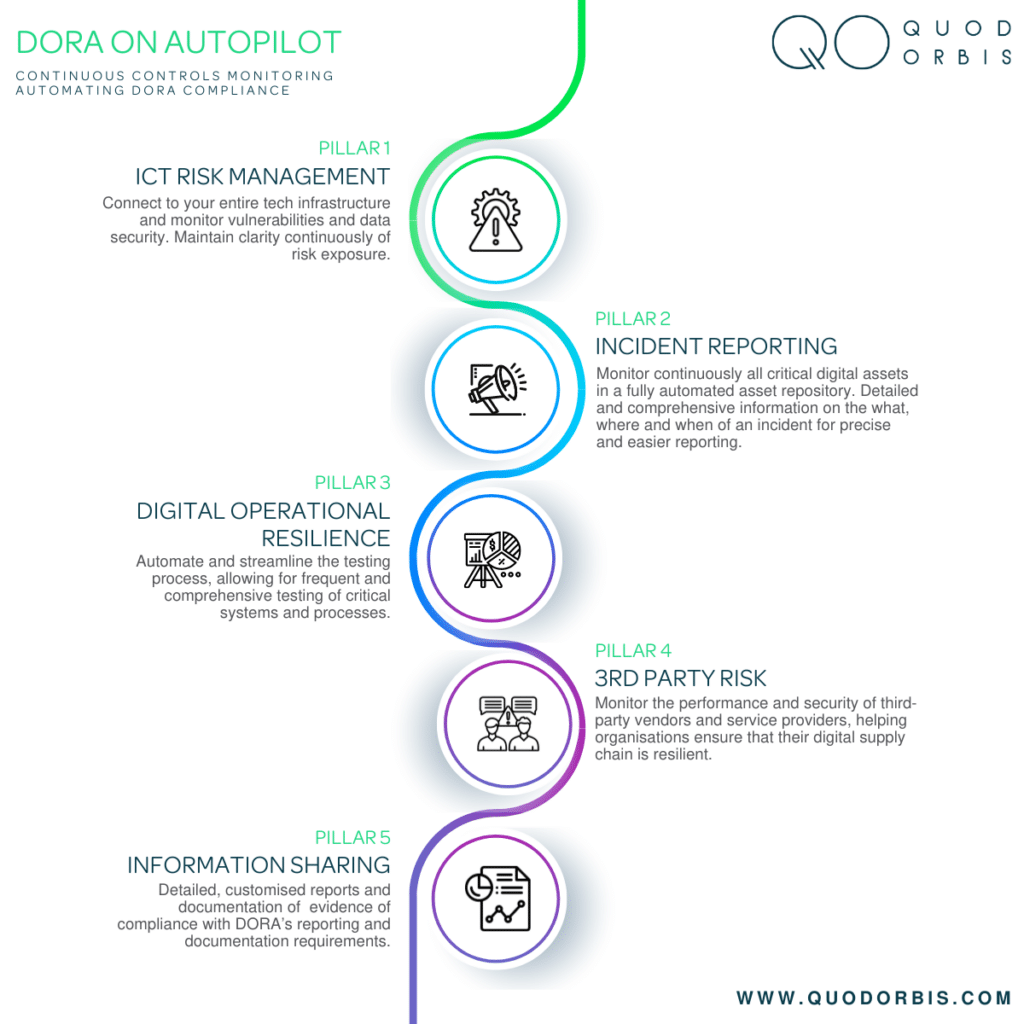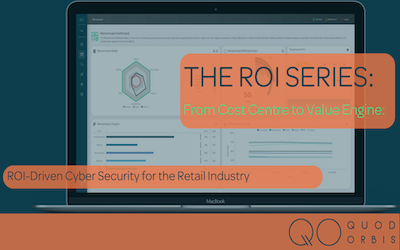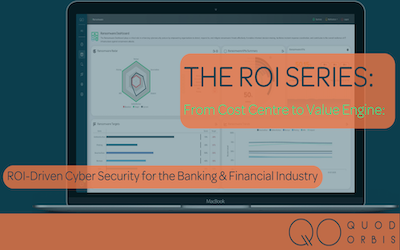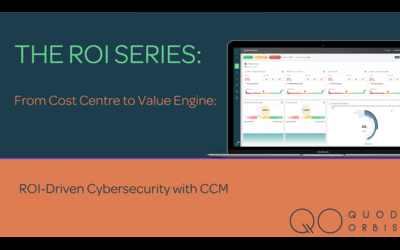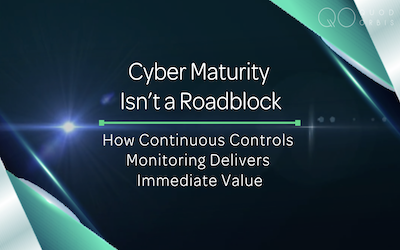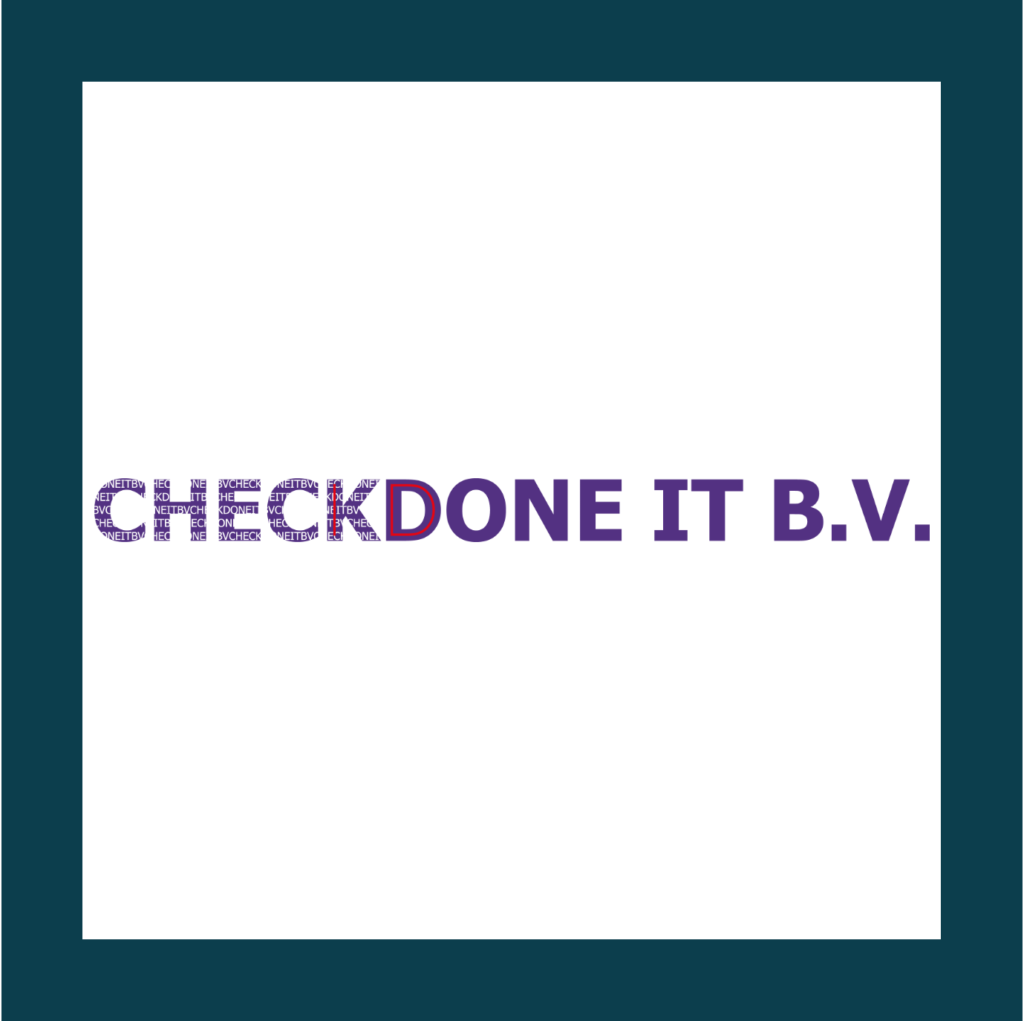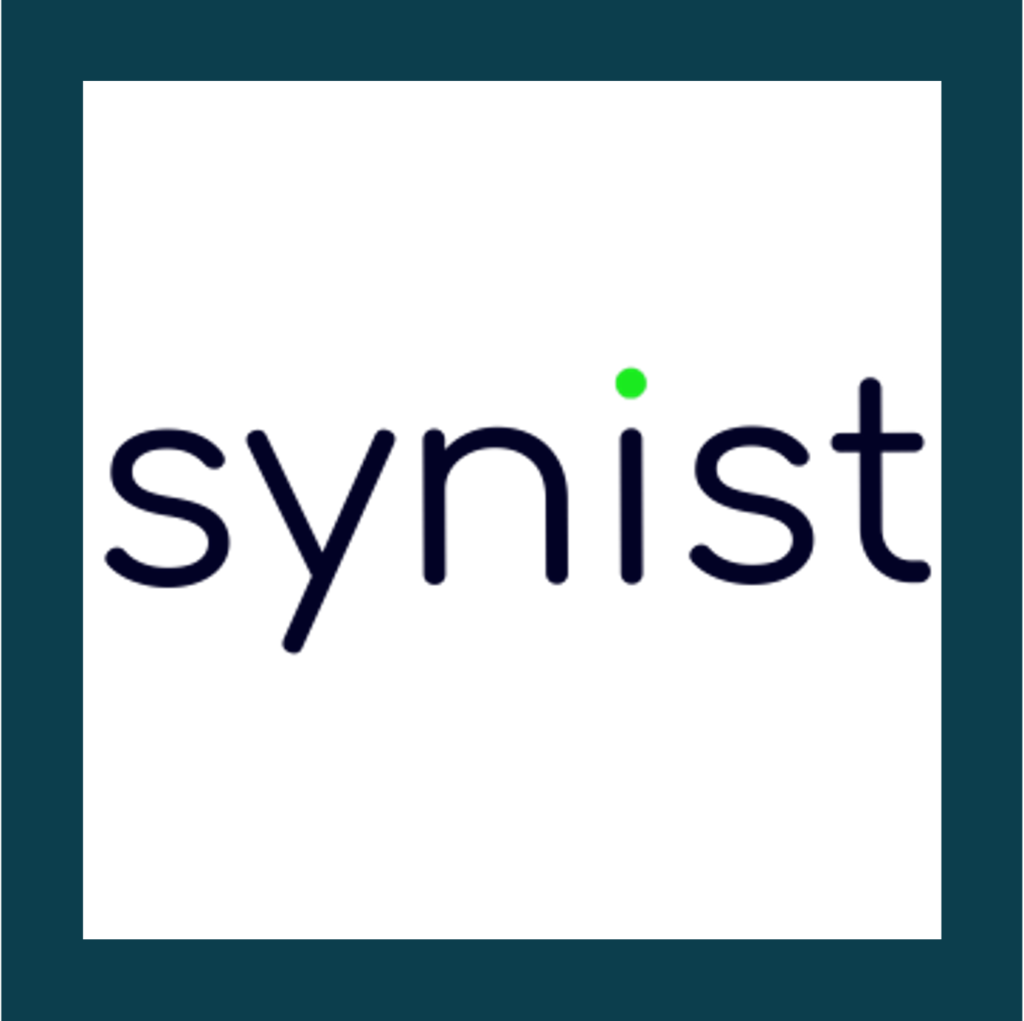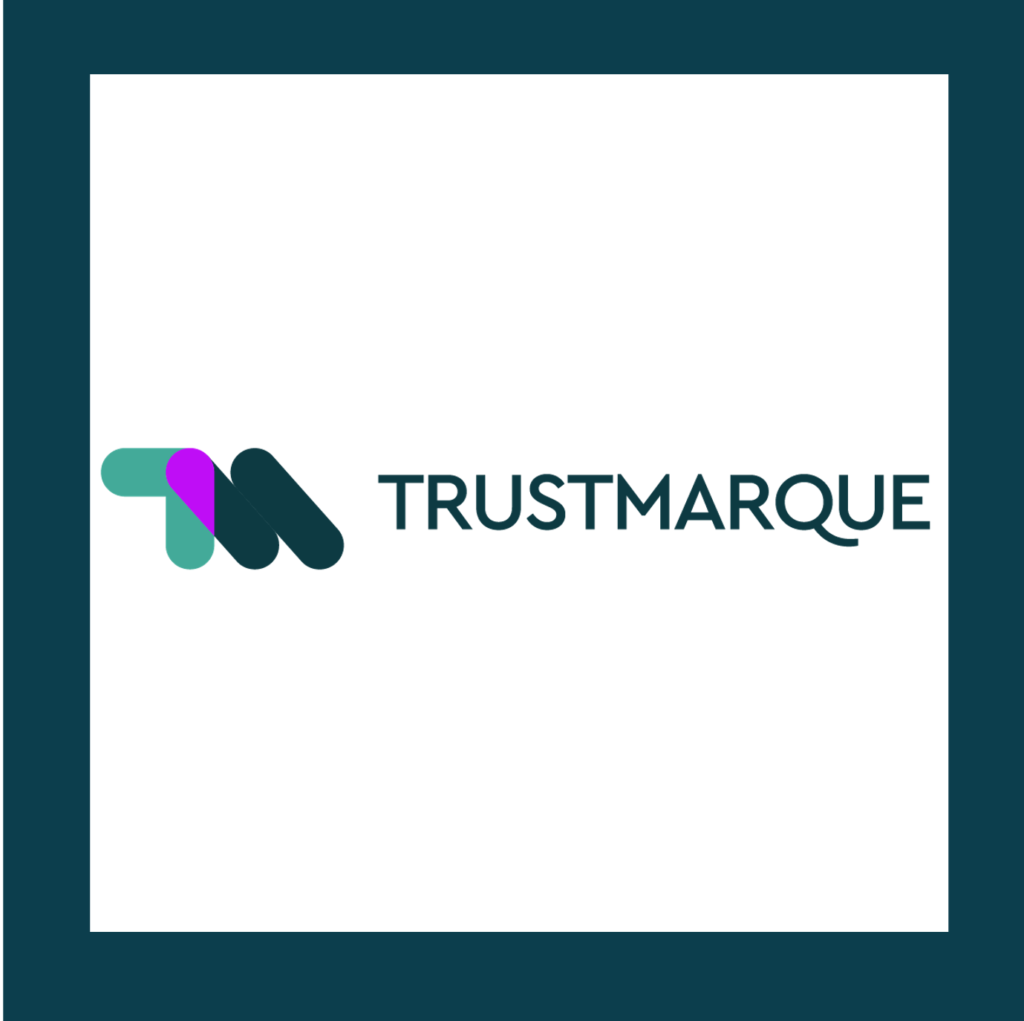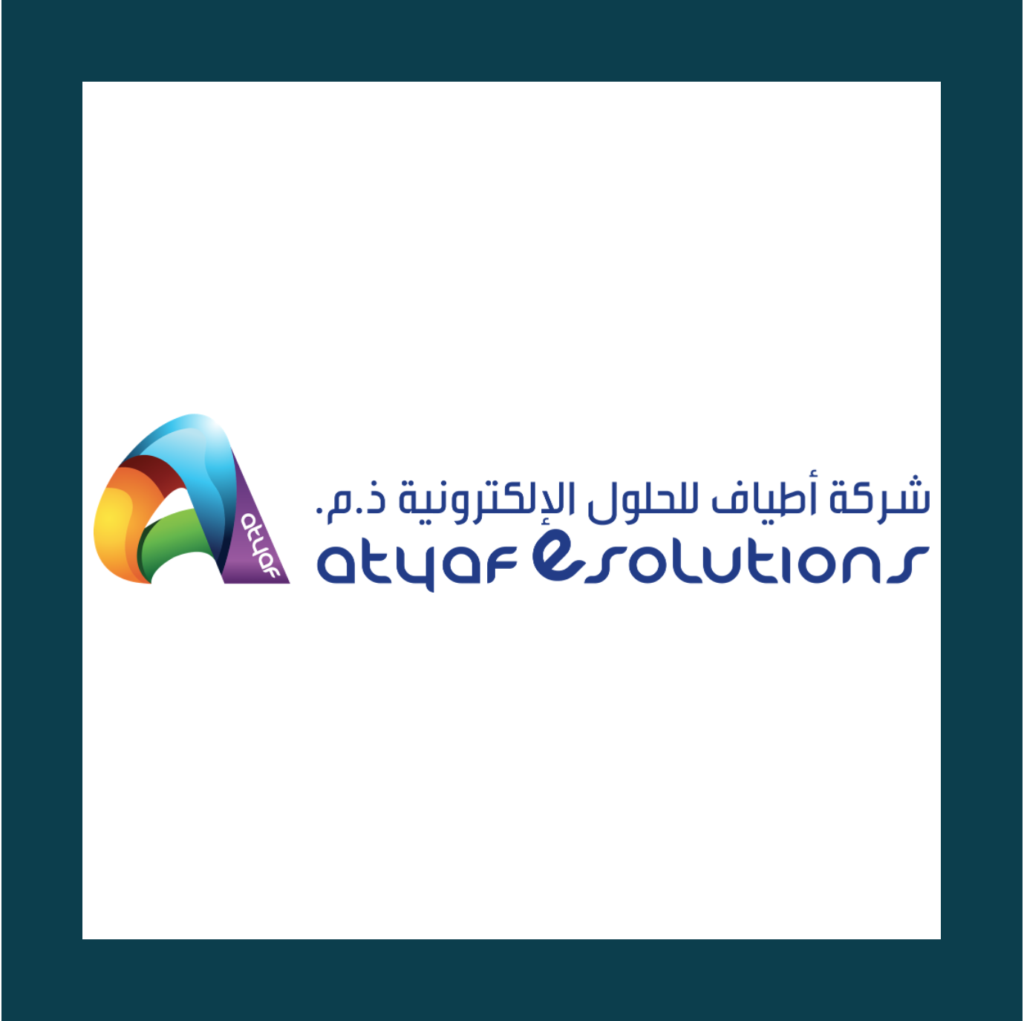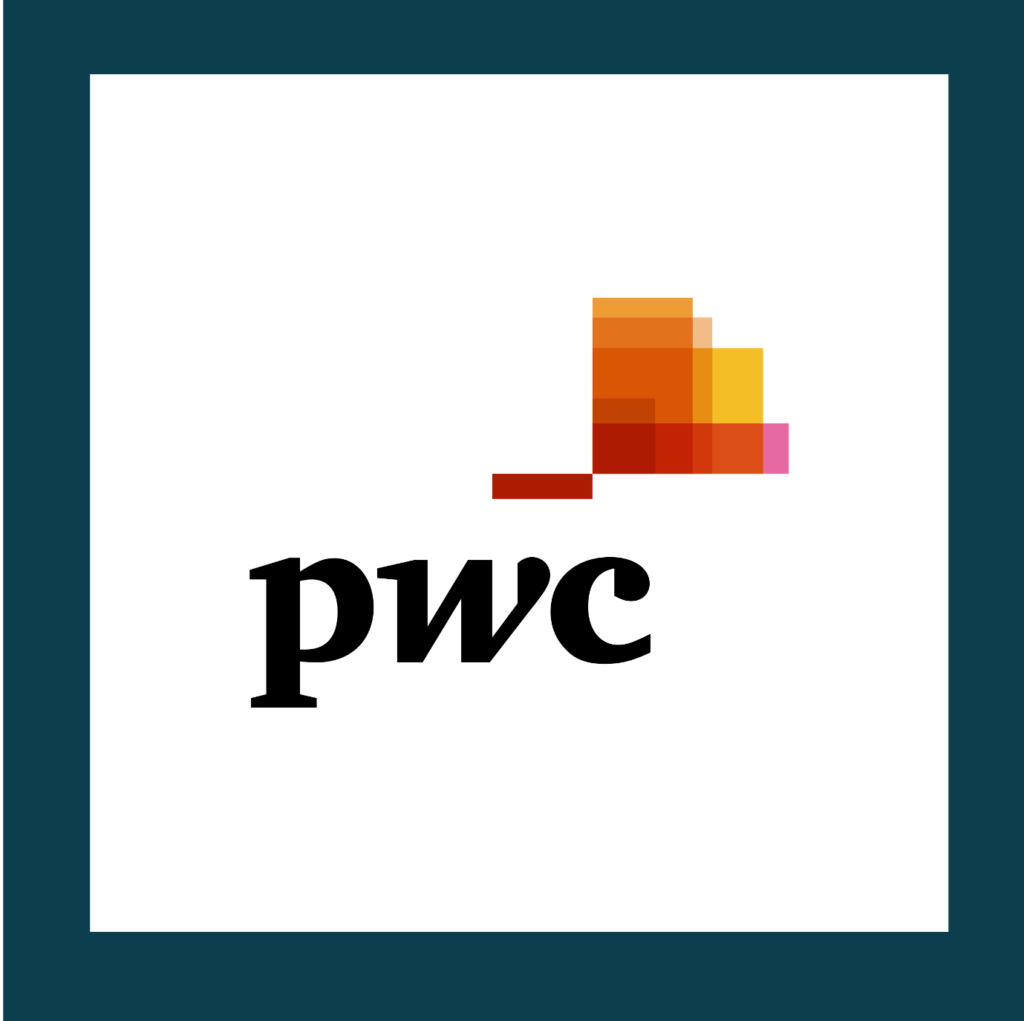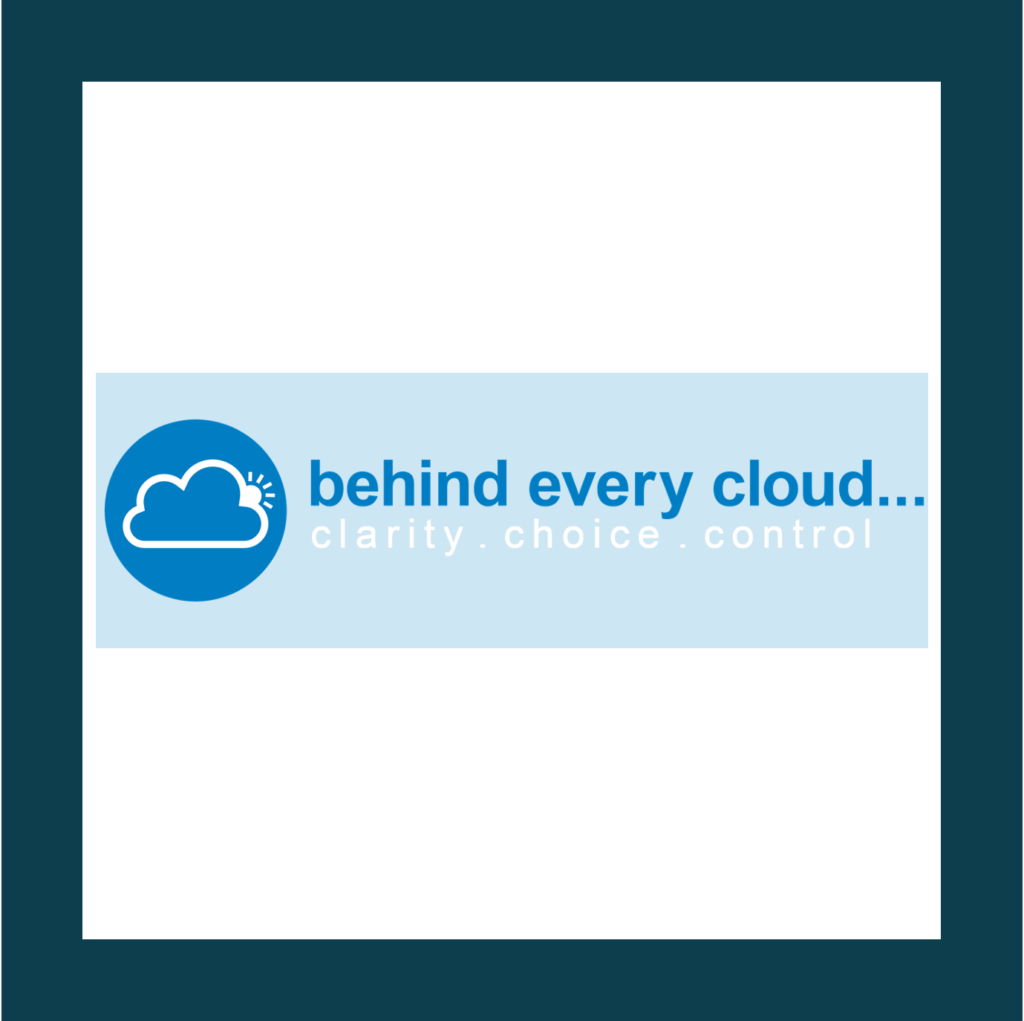Intended to address the rising threat of cyber-attacks and the financial sector’s increasing reliance on digital technology, DORA sets out a comprehensive regulatory framework aimed at enhancing the digital operational resilience of financial entities in Europe. However, whilst an EU framework, the UK, if they wish to conduct business in Europe will need to comply with Dora.
The Challenges of DORA Compliance
Right now, the 5 pillars of DORA cover a depth of topic that there is a lack of clarity for businesses to be able to really break down the controls needed. The 5 pillars cover:
- Risk management
- ICT-related incidents management, classification, and reporting
- Digital operational resilience testing
- ICT third-party risk management
- Information sharing on a breach, businesses will struggle to clearly articulate their DORA compliance.
With a mix of cyber security controls and obligatory requirements DORA will potentially be challenging to break down into actionable controls and navigate in its entirely to provide the assurance needed for regulators.
How can Continuous Controls Monitoring help?
Continuous Controls Monitoring (CCM) can significantly reduce the complications controls by providing real-time or near-real-time visibility into the performance and compliance of those controls. Our team have mapped out the approximately 280 individual metrics required to fully comply with DORA and are interrogating the information available on DORA and placing them into an actionable pillar that will allow businesses to monitor DORA compliance.
We’ve broken down the key areas that Continuous Controls Monitoring will support your DORA compliance.
Real-time Risk Identification: CCM enables organisations to continuously monitor their entire ecosystem and processes for any deviations from established controls or expected behaviour. This real-time monitoring allows for the early detection of potential risks or vulnerabilities, helping organisations to proactively address them before they escalate into significant issues.
Enhanced & Assured Compliance: With DORA aiming to strengthen the operational resilience of financial institutions and other critical entities in the digital era, compliance with its requirements becomes paramount. CCM provides a mechanism for organisations to demonstrate continuous compliance by monitoring key controls and promptly addressing any compliance deviations.
Improved Incident Response: By continuously monitoring controls and detecting anomalies or potential threats in real-time, CCM helps organisations to respond more swiftly and effectively to security incidents or operational disruptions. This proactive approach to incident response can minimise the impact of disruptions and mitigate potential losses.
Data-driven Decision Making: CCM generates a wealth of data related to control performance, system behaviour, and potential risks. By leveraging analytics and data visualisation techniques – particularly with customised dashboards within the platform, organisations can gain valuable insights into their operational resilience posture and make informed decisions to strengthen it further.
Resource Optimisation: Traditional periodic assessments and audits can be resource-intensive and may not provide timely insights into evolving risks and threats. CCM automates the monitoring process, freeing up resources that would otherwise be spent on manual monitoring and allowing organisations to allocate them more strategically to other areas of operational resilience.
Continuous Improvement: By continuously monitoring controls and evaluating their effectiveness, organisations can identify opportunities for improvement and optimisation in their processes, systems, and controls. This iterative approach to enhancing operational resilience aligns with the principles of continuous improvement advocated by DORA.
Overall, by leveraging continuous controls monitoring, organisations can enhance their operational resilience in accordance with the requirements of the Digital Operational Resilience Act, ensuring robustness and readiness to withstand the challenges of the digital age and ultimately gather the real-time, continuous information of DORA compliance.

